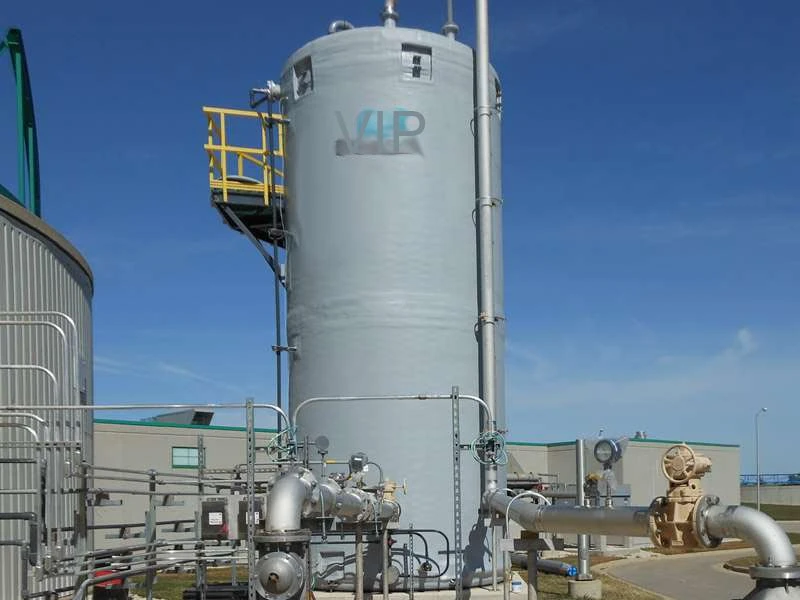
-
 Afrikaans
Afrikaans -
 Albanian
Albanian -
 Amharic
Amharic -
 Arabic
Arabic -
 Armenian
Armenian -
 Azerbaijani
Azerbaijani -
 Basque
Basque -
 Belarusian
Belarusian -
 Bengali
Bengali -
 Bosnian
Bosnian -
 Bulgarian
Bulgarian -
 Catalan
Catalan -
 Cebuano
Cebuano -
 China
China -
 China (Taiwan)
China (Taiwan) -
 Corsican
Corsican -
 Croatian
Croatian -
 Czech
Czech -
 Danish
Danish -
 Dutch
Dutch -
 English
English -
 Esperanto
Esperanto -
 Estonian
Estonian -
 Finnish
Finnish -
 French
French -
 Frisian
Frisian -
 Galician
Galician -
 Georgian
Georgian -
 German
German -
 Greek
Greek -
 Gujarati
Gujarati -
 Haitian Creole
Haitian Creole -
 hausa
hausa -
 hawaiian
hawaiian -
 Hebrew
Hebrew -
 Hindi
Hindi -
 Miao
Miao -
 Hungarian
Hungarian -
 Icelandic
Icelandic -
 igbo
igbo -
 Indonesian
Indonesian -
 irish
irish -
 Italian
Italian -
 Japanese
Japanese -
 Javanese
Javanese -
 Kannada
Kannada -
 kazakh
kazakh -
 Khmer
Khmer -
 Rwandese
Rwandese -
 Korean
Korean -
 Kurdish
Kurdish -
 Kyrgyz
Kyrgyz -
 Lao
Lao -
 Latin
Latin -
 Latvian
Latvian -
 Lithuanian
Lithuanian -
 Luxembourgish
Luxembourgish -
 Macedonian
Macedonian -
 Malgashi
Malgashi -
 Malay
Malay -
 Malayalam
Malayalam -
 Maltese
Maltese -
 Maori
Maori -
 Marathi
Marathi -
 Mongolian
Mongolian -
 Myanmar
Myanmar -
 Nepali
Nepali -
 Norwegian
Norwegian -
 Norwegian
Norwegian -
 Occitan
Occitan -
 Pashto
Pashto -
 Persian
Persian -
 Polish
Polish -
 Portuguese
Portuguese -
 Punjabi
Punjabi -
 Romanian
Romanian -
 Russian
Russian -
 Samoan
Samoan -
 Scottish Gaelic
Scottish Gaelic -
 Serbian
Serbian -
 Sesotho
Sesotho -
 Shona
Shona -
 Sindhi
Sindhi -
 Sinhala
Sinhala -
 Slovak
Slovak -
 Slovenian
Slovenian -
 Somali
Somali -
 Spanish
Spanish -
 Sundanese
Sundanese -
 Swahili
Swahili -
 Swedish
Swedish -
 Tagalog
Tagalog -
 Tajik
Tajik -
 Tamil
Tamil -
 Tatar
Tatar -
 Telugu
Telugu -
 Thai
Thai -
 Turkish
Turkish -
 Turkmen
Turkmen -
 Ukrainian
Ukrainian -
 Urdu
Urdu -
 Uighur
Uighur -
 Uzbek
Uzbek -
 Vietnamese
Vietnamese -
 Welsh
Welsh -
 Bantu
Bantu -
 Yiddish
Yiddish -
 Yoruba
Yoruba -
 Zulu
Zulu
Fiber Pipe Solutions - Innovative Fiber Optic Infrastructure for Your Needs
The Future of Fiber Pipe Technology
In recent years, the demand for advanced piping solutions has soared due to the increasing need for efficient and sustainable systems in various industries. One crucial innovation that has emerged is the fiber pipe, a technology that leverages the unique properties of fiber materials to offer unprecedented advantages over traditional pipelines.
Fiber pipes are constructed using high-strength composite materials that combine fibers such as glass, carbon, or aramid with resin systems. This results in a piping solution that is not only lightweight but also remarkably strong and resistant to corrosion. Unlike conventional metal or plastic pipes, fiber pipes do not corrode over time, reducing maintenance costs and enhancing longevity, making them an attractive option for industries ranging from oil and gas to waste management.
One of the standout features of fiber pipes is their ability to withstand extreme temperatures and pressures. They are engineered to handle significant fluctuations, making them ideal for applications that involve high-pressure fluid transport, such as in petrochemical facilities or hydraulic systems. The flexibility of fiber pipes also allows them to be installed in challenging environments without the risk of breaking or damaging, providing a reliable alternative to rigid piping systems.
Another significant advantage of fiber pipes is their environmental impact. As industries worldwide strive to reduce their carbon footprint, the production and installation of fiber pipes present a preferable solution. These pipes can often be manufactured using greener processes, and their lightweight nature leads to reduced energy consumption during transportation and installation. Additionally, because they are less prone to failures and leaks, fiber pipes can help prevent environmental contamination, promoting a more sustainable future.
fiber pipe

In terms of installation, fiber pipe systems are designed to be user-friendly. Their lightweight characteristics allow for easier handling and quicker installation compared to traditional materials, resulting in lower labor costs and shorter project timelines. Furthermore, many fiber pipes can be produced in customized lengths and configurations to meet the specific needs of a project, providing flexibility that can enhance overall system design.
Despite these advantages, the fiber pipe industry also faces challenges. The initial costs of fiber systems can be higher than those of traditional piping materials, which can deter some companies from making the switch. Additionally, the technology is still evolving, and ongoing research is crucial to enhance its capabilities and application range further.
However, as the technology matures and more industries recognize the benefits of fiber pipes, it is likely that we will see a significant uptick in their adoption. As businesses prioritize efficiency, durability, and sustainability, fiber pipes present an innovative solution that aligns with these goals.
In conclusion, fiber pipe technology stands at the forefront of a new era in piping systems. With its unique advantages, including corrosion resistance, flexibility, and environmental sustainability, fiber pipes are poised to revolutionize how industries approach fluid transportation. Embracing this technology could not only enhance operational efficiency but also contribute to a greener planet, making fiber pipes a critical component of future infrastructure development.









